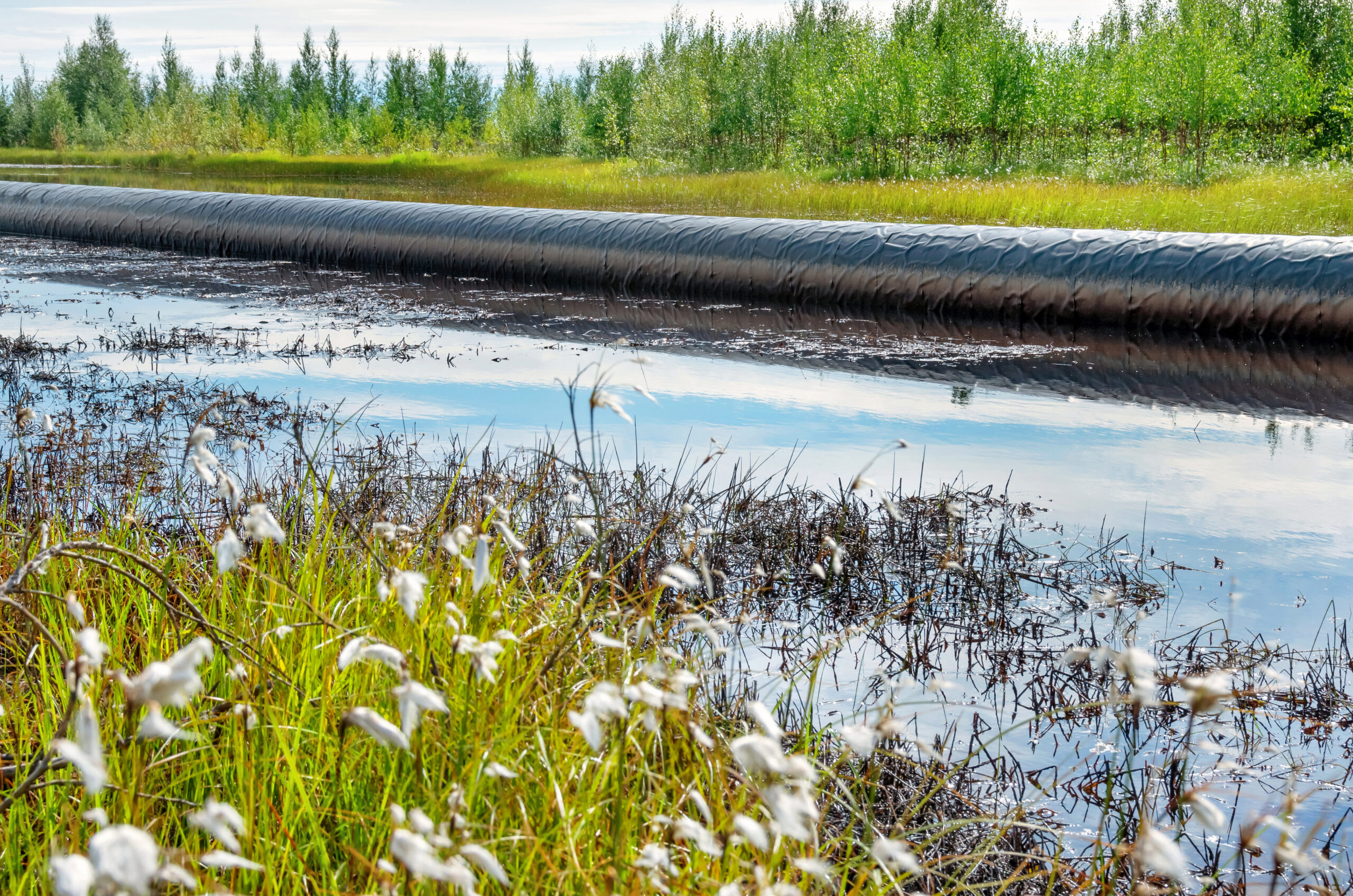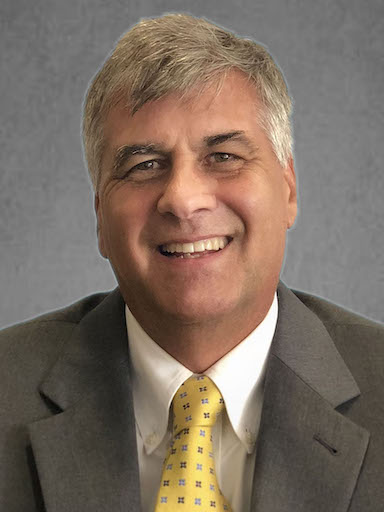
Recent New Jersey Department of Environmental Protection Administrative Order Raises Uncertainty Among Affected Facilities Within Overburdened Communities
September 30, 2021
By: Rick Shoyer
On September 18, 2020, New Jersey Governor Philip Murphy signed the Environmental Justice Law, a follow up to his April 2018 Executive Order number 23 (EO 23) – which affirmed that New Jersey’s low-income communities and communities of color have historically endured disproportionately high numbers of environmental and public heath stressors to include pollution from mobile sources and other static industrial, commercial and government sources.
The EJ law, the first of its kind in the nation, seeks to ensure environmental justice for all residents of New Jersey, and especially those in overburdened areas, including increased opportunities to participate in the decision-making process that ultimately affects the environment, community, and health of residents.
The New Jersey Department of Environmental Protection (NJDEP) has provided for extensive and detailed community stakeholder outreach as part of its development of how environmental justice reviews will be performed for existing and new facility permitting in Overburdened Communities. On September 20, 2021, DEP Commissioner Shawn LaTourette issued an administrative order (AO 2021-25) designed to require a interim environmental justice review process to be applied to facilities subject to regulation under the EJ law until the final regulations of EO 23 are adopted. The Order is intended to cover the same facilities, permits and overburdened communities as those designated under the Environmental Justice Law. The Order’s requirements include:
- The extension of public comment periods for at least 60 days – with the potential for an additional 30-day extension upon the written request of a member(s) of an overburdened community.
- Each applicant must hold a mandatory public hearing held in a manner that maximizes participation of individuals in the affected community.
- Encourages individuals to provide the department and applicant information concerning existing conditions within the overburdened community and potential facility-wide environmental and public health stressors that could result adverse impacts in the event of approval.
- Applicants must respond to and address concerns raised by individuals in the overburdened community and to conduct any and all additional analysis deemed necessary by the department to complete its review.
- Encourage each applicant to engage directly with the individuals in the overburdened community in advance of, and in addition to, formal public comment including providing information relating to facility concerns to impacted residents.
- Allows the department to apply special conditions to permits as may be necessary to minimize or avoid environmental and public health stressors.
NJDEP has indicated that they anticipate proposing regulations for public comment in the fall, with a subsequent adoption of the new and finalized rules in the second half of 2022. But despite this, and the requirements outlined in the administrative order, questions have been raised within the regulated communities. Without final/official regulations or guidance, the regulated community is left asking “how do I or don’t I utilize the proposed methodologies presented by NJDEP during the stakeholder engagement period?” As an interim solution the order may have caused more confusion than answered questions – especially in light of many recent blog posts and conflicting opinions issued by law firms.
Montrose has been engaged nationally with environmental justice issues for many years, and our Northeast Division headquartered in Robbinsville, NJ has been active with the New Jersey Business and Industry Association to help the regulated community understand the potential business implications of environmental justice matters – to include this important new development. We intend to continue monitoring this situation, and we’ll post updates and clarifications as further developments unfold.
Additionally, Montrose Investigation and Remediation Expert Rick Shoyer has published a blog post outlining recent environmental justice initiatives and how they’re impacting the regulatory environment and may be a precursor of things to come.
If your facility or organization has concerns about potential effects of this new order, we can help – by conducting a Phase I screening to help you understand if this will affect you, and to clarify if you are in fact in an overburdened community. For more information, please reach out to Rick Shoyer.
 Rick Shoyer
Rick Shoyer
Investigation and Remediation Expert
Senior Project Consultant, Soil and Groundwater Remediation Division
rshoyer@montrose-env.com
Mr. Shoyer has spent the past 35+ years investigating and remediating organic and inorganic substances both in-situ and ex-situ. Mr. Shoyer’s current focus has been with per- and polyfluorinated alkyl substances (PFAS), 1,4-Dioxane, and 1,2,3-Trichlorpropane, and he provides environmental technical assistance to a city in New York whose drinking water supply has been impacted by PFAS. Specific experience has included characterization of surface water supplies; GAC, anion exchange resins and advanced oxidation PFAS removal performance effectiveness; and fate and transport assessments of source releases. Mr. Shoyer has also performed extensive research on alternative fluorine free foams (FFFs) and the various aqueous film forming foams (AFFFs), one major contributor of PFAS being released into the environment. He has presented at various forums on PFAS and other emerging contaminants and is a Licensed Site Remediation Professional (LSRP) and N-2 Industrial Operator in the State of New Jersey.

